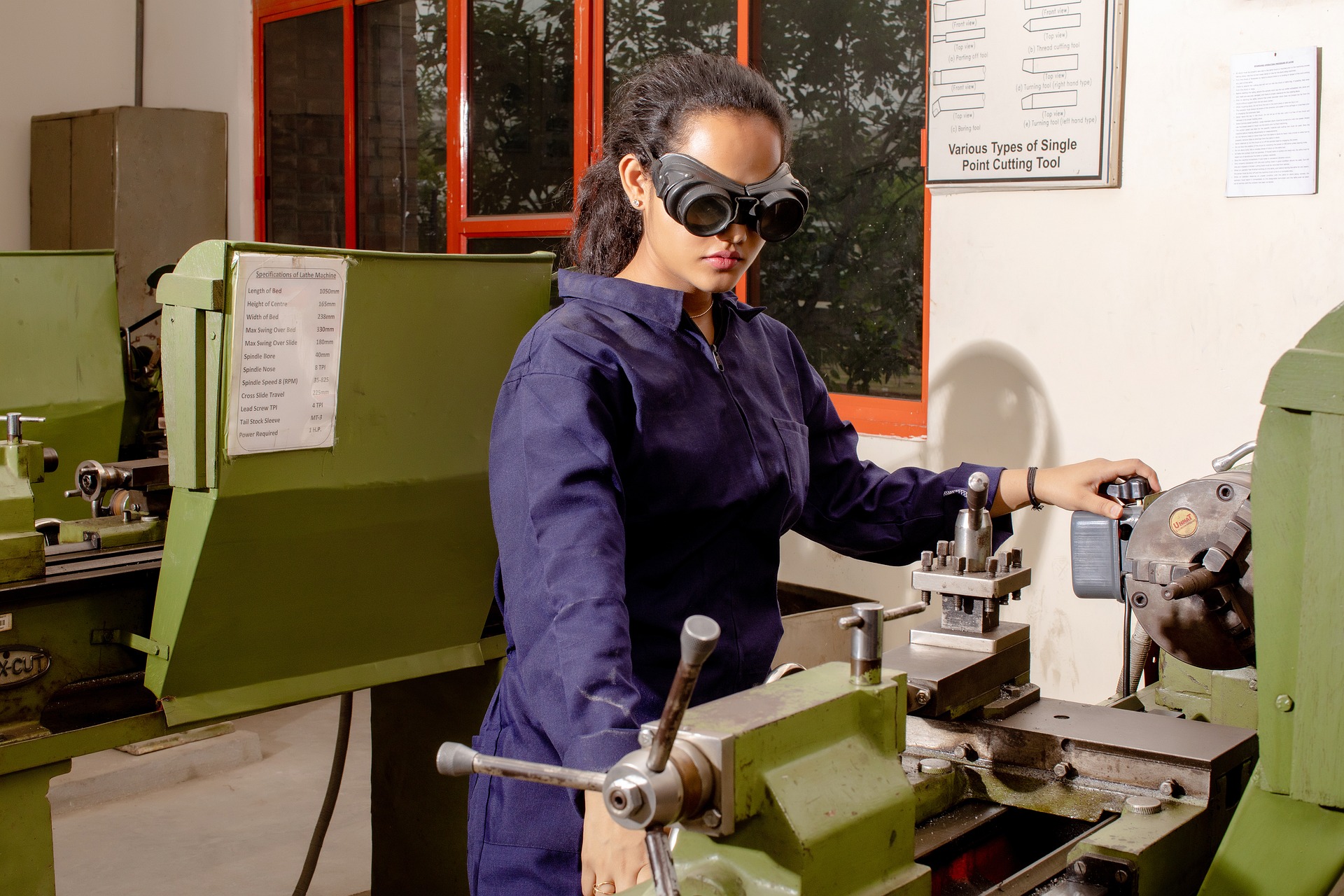HVAC Training: Launching Your Career as a Skilled Technician
The heating, ventilation, and air conditioning (HVAC) industry offers a promising career path for those interested in technical work and problem-solving. HVAC training is the first step towards becoming a certified technician in this growing field. This article will explore the various aspects of HVAC training, including certification requirements, classroom experiences, and the skills you'll need to succeed.

The duration of HVAC training programs can vary, but most certificate programs take between six months to two years to complete. Some technical schools and community colleges offer associate degree programs in HVAC technology, which usually take about two years to finish. These programs provide a more in-depth education and may include additional coursework in areas like business management or computer applications.
How do I choose the right HVAC training program?
When selecting an HVAC training program, there are several factors to consider. First, ensure that the program is accredited by a recognized organization, such as the Partnership for Air-Conditioning, Heating, Refrigeration Accreditation (PAHRA) or the HVAC Excellence. Accreditation ensures that the program meets industry standards and will be recognized by potential employers.
Look for programs that offer a balance of classroom instruction and hands-on training. Practical experience is crucial in the HVAC field, so choose a program that provides ample opportunities to work with real equipment. Additionally, consider the program’s job placement rates and whether they offer career services to help you find employment after graduation.
What certifications are available for HVAC technicians?
Certification is an essential part of becoming an HVAC technician. While specific requirements may vary by state, most employers prefer or require technicians to hold certain certifications. Some of the most common HVAC certifications include:
-
EPA Section 608 Certification: This is a mandatory certification for anyone who works with refrigerants. It’s offered by the Environmental Protection Agency and has four types based on the equipment you’ll be working with.
-
NATE Certification: North American Technician Excellence (NATE) offers various certifications that demonstrate expertise in specific areas of HVAC work. These certifications are widely recognized in the industry.
-
HVAC Excellence: This organization offers both professional and master specialist certifications in various HVAC specialties.
-
ICE Certification: The Industry Competency Exam (ICE) is offered by the Air Conditioning, Heating, and Refrigeration Institute (AHRI) and tests entry-level technicians on their knowledge of residential and light commercial HVAC systems.
What skills are essential for success in HVAC training?
Successful HVAC technicians possess a combination of technical knowledge and soft skills. During your training, you’ll develop many of these skills, including:
-
Technical aptitude: Understanding complex mechanical and electrical systems is crucial in HVAC work.
-
Problem-solving: HVAC technicians often need to diagnose and repair issues quickly and efficiently.
-
Physical stamina: The job can be physically demanding, requiring lifting heavy equipment and working in tight spaces.
-
Communication skills: You’ll need to explain technical issues to clients and work effectively with team members.
-
Attention to detail: Precision is important when working with intricate HVAC systems.
-
Math skills: Basic math is used regularly for calculations related to system sizing and efficiency.
How much does HVAC training cost?
The cost of HVAC training can vary significantly depending on the type of program and the institution offering it. Here’s a general overview of the costs associated with different HVAC training options:
| Training Type | Provider | Cost Estimation |
|---|---|---|
| Certificate Program | Technical Schools | $1,200 - $15,000 |
| Associate Degree | Community Colleges | $6,000 - $35,000 |
| Apprenticeship | Union or Non-Union | $500 - $2,000 (plus paid work) |
| Online Courses | Various Providers | $500 - $5,000 |
Prices, rates, or cost estimates mentioned in this article are based on the latest available information but may change over time. Independent research is advised before making financial decisions.
It’s important to note that while some programs may have higher upfront costs, they might offer better job prospects or higher starting salaries upon completion. Additionally, many institutions offer financial aid, scholarships, or payment plans to help offset the cost of training.
What career opportunities are available after HVAC training?
Completing HVAC training opens up a variety of career paths in the industry. Entry-level positions typically start as apprentice or junior technicians, working under the supervision of experienced professionals. As you gain experience and additional certifications, you can advance to roles such as:
-
HVAC Service Technician
-
HVAC Installer
-
Refrigeration Technician
-
Energy Auditor
-
HVAC System Designer
-
HVAC Sales Representative
-
HVAC Instructor or Trainer
The HVAC industry is expected to grow in the coming years, driven by increasing demand for energy-efficient systems and the need to replace older equipment. This growth translates to steady job opportunities for trained HVAC technicians.
HVAC training provides a solid foundation for a rewarding career in a growing industry. By choosing the right program, obtaining necessary certifications, and developing essential skills, you can position yourself for success in this dynamic field. Whether you’re just starting your career or looking to make a change, HVAC training offers a path to a stable and potentially lucrative profession.






